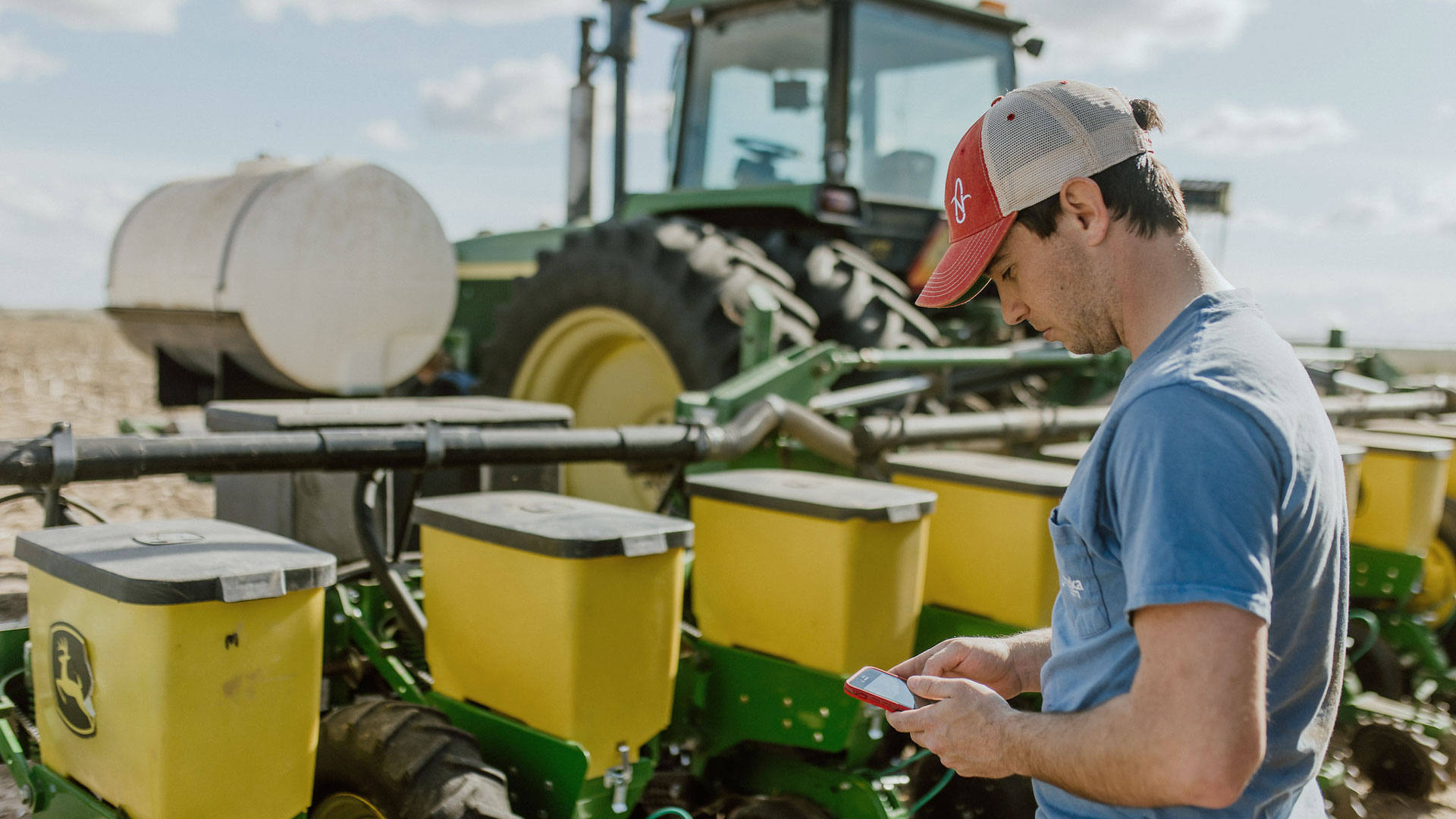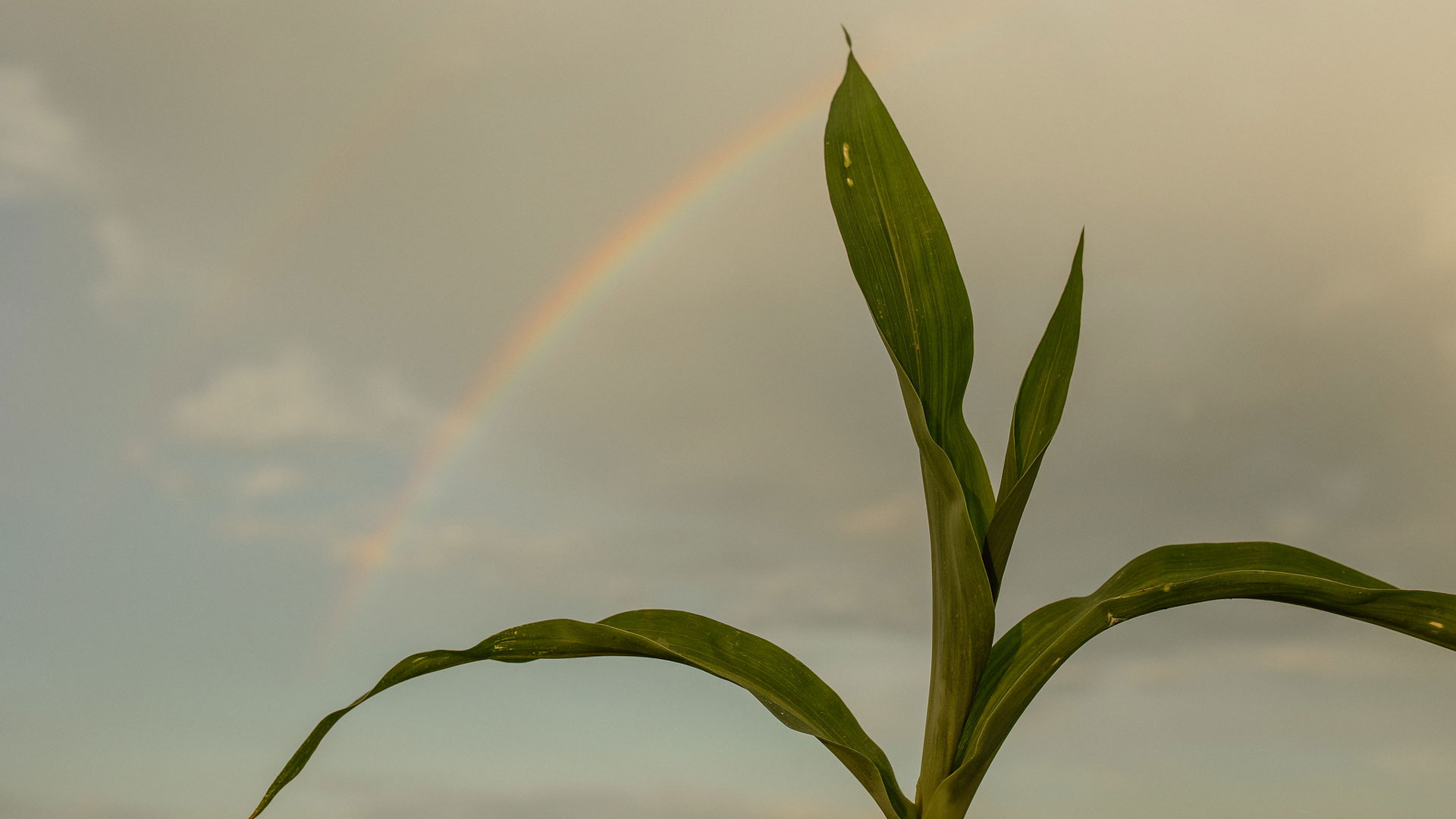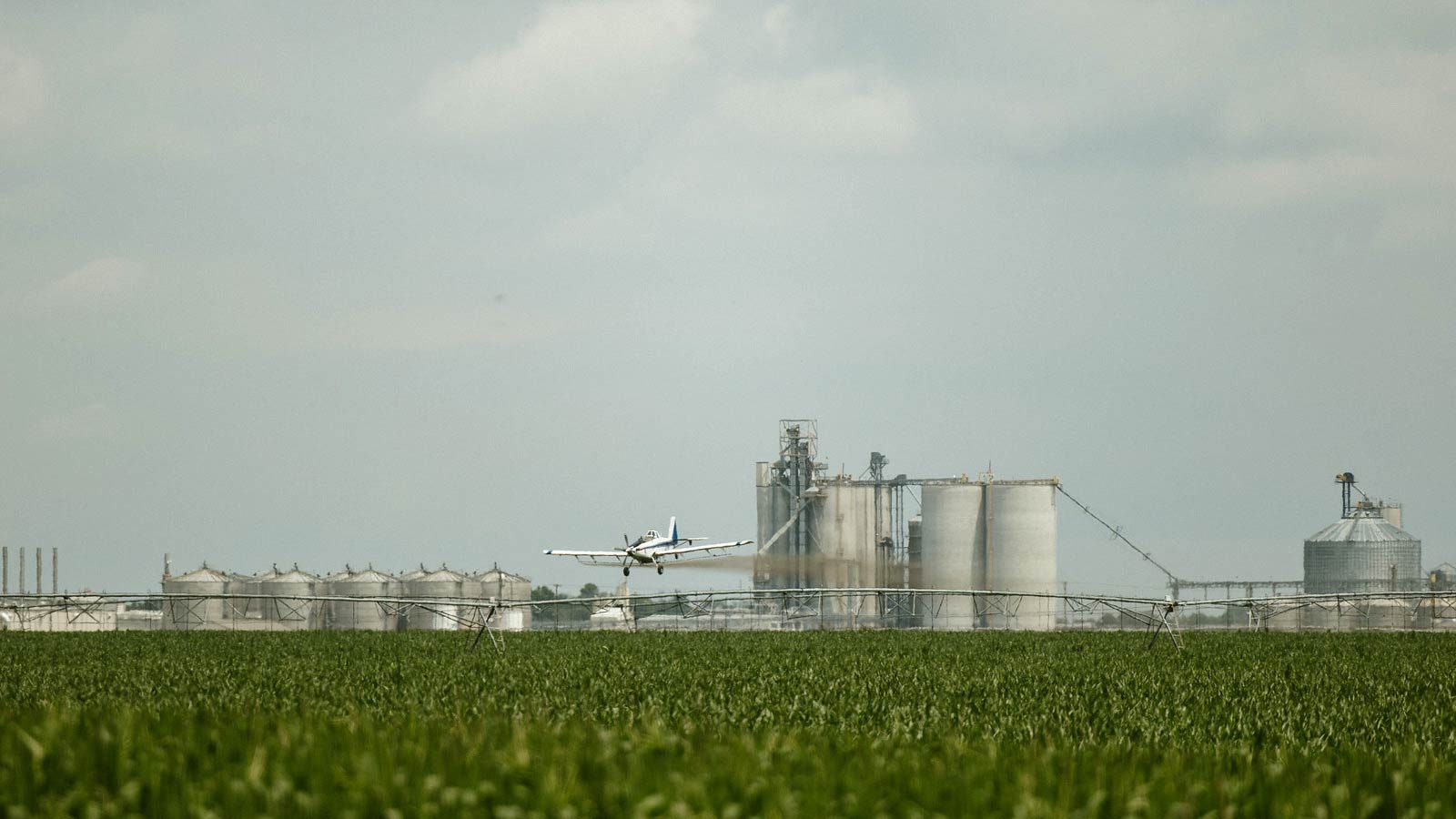Corn farming and raising cattle go hand in hand, so it’s no surprise corn is an important part of a nutritious diet for beef cattle.
Corn provides a well-balanced diet for the animals, which helps them grow healthy and efficiently. In addition to helping them remain healthy throughout their lives, corn’s high energy content is an efficient way to prepare beef cattle for market.
Importantly for consumers, the use of corn and its byproducts in feed helps to reduce the cost of raising beef cattle. This is beneficial to both farmers, who are able to produce cattle more economically, and consumers, who can purchase the meat at a lower price.
What Is the Best Feed for Beef Cattle?
While most cattle in the United States eat grass for much of their lives, they often are supplemented with corn, a corn-based livestock feed or corn byproducts. There are many reasons for this, ranging from the unavailability of grass in winter or drought to providing an efficient way to ready cattle for market.
In many cases, corn is used to provide cattle with a much-needed nutritional boost—especially older animals, who need more nutrients than they can glean from grass or hay alone, in order to maintain their overall health. Farmers also often provide a corn-based feed to young calves who are about to be weaned from their mother’s milk and are learning to eat other foods.
But, often, the feeding of corn is associated with beef cattle.
What are beef cattle?
There are many different breeds of cattle, but the species are generally used for one of two purposes:
- Beef Cattle: Cattle raised for meat production.
- Dairy Cattle: Cattle raised for their ability to produce milk
Beef cattle in Nebraska and surrounding states tend to descend from the heavily muscled Black Angus, Red Angus, Hereford and Charolais breeds. However, they are not the only cattle raised for market. Many dairy steers—castrated male dairy cattle—are also sent to market.
When cattle are being readied for market, whether they be beef or dairy breeds, are switched from a mainly grass diet to a mixture of different feeds that usually includes corn-based products. That mixture is made of corn and chopped up materials such as hay, silage, vitamins, minerals and corn byproducts like distillers’ grains or corn gluten.
This mix ensures cattle gain weight in a healthy way, so they are ready for market. It also helps the meat to be marbled, juicy and tasty.
What Kind of Corn is Best for Beef Cattle?
There are many varieties of corn that could be fed to cattle, but they are usually fed field corn. It’s the most widely grown variety of corn in Nebraska and the rest of the United States, so it’s readily available and easy to provide.
Cattle are just one of many livestock species that eat corn or commercial feed mixes containing corn. It’s common for goats, sheep, swine, horses and poultry to eat some corn in their diet or commercially produced feed products containing corn.
How Much Corn Does a Beef Cow Eat Per Day?
A steer or heifer in the process of gaining weight for market can eat 2-2.5 pounds of dry food for every 100 pounds of their body weight. That is mostly corn, but also can include other grains as well as some hay or other forage to aid digestion. That means a 1,000-pound market animal can eat roughly 20 pounds of grain per day.
Younger and smaller cattle, as well as older cows, would not need to consume as much corn as such a large steer or heifer being prepared for market.




